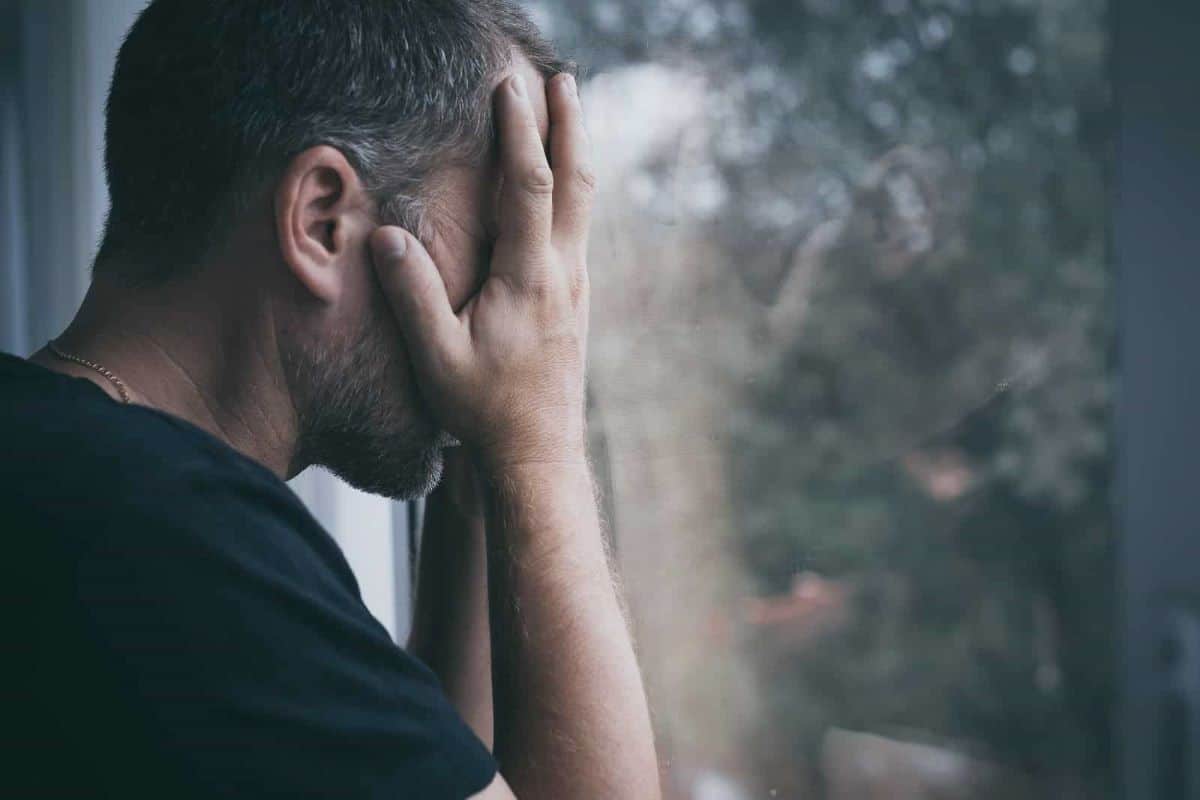Proposed reforms to disability benefits in the UK have sparked controversy as the government considers withdrawing support for individuals with mental health conditions, prompting outcry from advocates and opposition leaders alike. Here’s the full story.
Policy Changes

Work and Pensions Secretary Mel Stride has proposed sweeping and significant policy changes to disability benefits in an attempt to save the economy by reducing welfare spending.
Depression and Anxiety

The changes, which will particularly affect those with mental health conditions such as depression or anxiety, have been proposed as an attempt to revolutionise the benefits system.
“Reckless Assault”

However, critics have argued that the changes amount to nothing less than a “reckless assault” on disabled individuals, which will have a significant impact on their well-being and ability to survive financially.
Altering Support

The proposed reforms, outlined in a green paper accompanying Stride’s announcement, signal a departure from the existing personal independence payments (PIP) in favour of new eligibility criteria and assessments, which would seriously alter the types of support available for disabled people who receive the benefit.
Ending Cash Support

The consultation notably suggests the ending of cash support for individuals with mental health conditions, in particular, depression or anxiety, offering alternative forms of assistance such as therapy, provided that this doesn’t cost the government any extra money.
“Grownup Conversation”

Stride stressed that the proposed changes were not an attack on some of the most vulnerable members of society to save money but were, in fact, part of a “grownup conversation” about the best use of welfare money. However, he did admit that cost “has to be one of the considerations.”
“Ordinary Difficulties”

During an interview with the Times, Stride suggested that people suffering from debilitating depression or anxiety were having the welfare system pay them for experiencing the “ordinary difficulties of life.”
“Milder Mental Health Conditions”
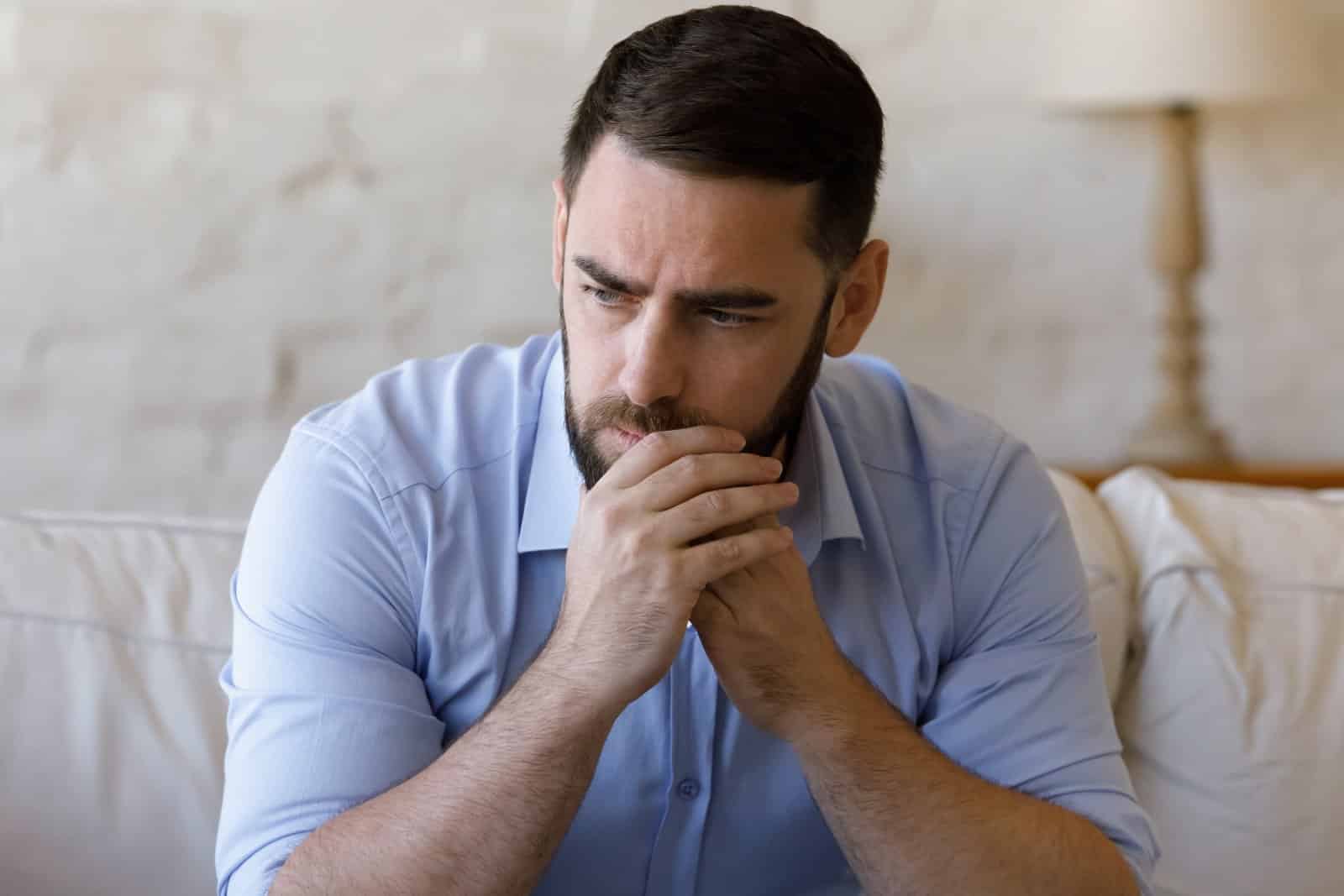
Stride stated, “There are those that have perhaps milder mental health conditions, or where perhaps there has been too great a move towards labelling certain behaviours as having certain [medical] conditions attached to them, where actually work is the answer or part of the answer.”
“On Benefits”

He continued, “What we’ve got to avoid is being in a situation where we too readily say: ‘Well, actually, we need you to be on benefits.’”
Early Election Strategy

Many have suggested that the proposals have not been undertaken out of genuine care for the mentally ill or even as an attempt to save money but rather as an early election strategy to put some clear blue water between the Conservatives and Labour in the upcoming elections.
“Welfare Scroungers”
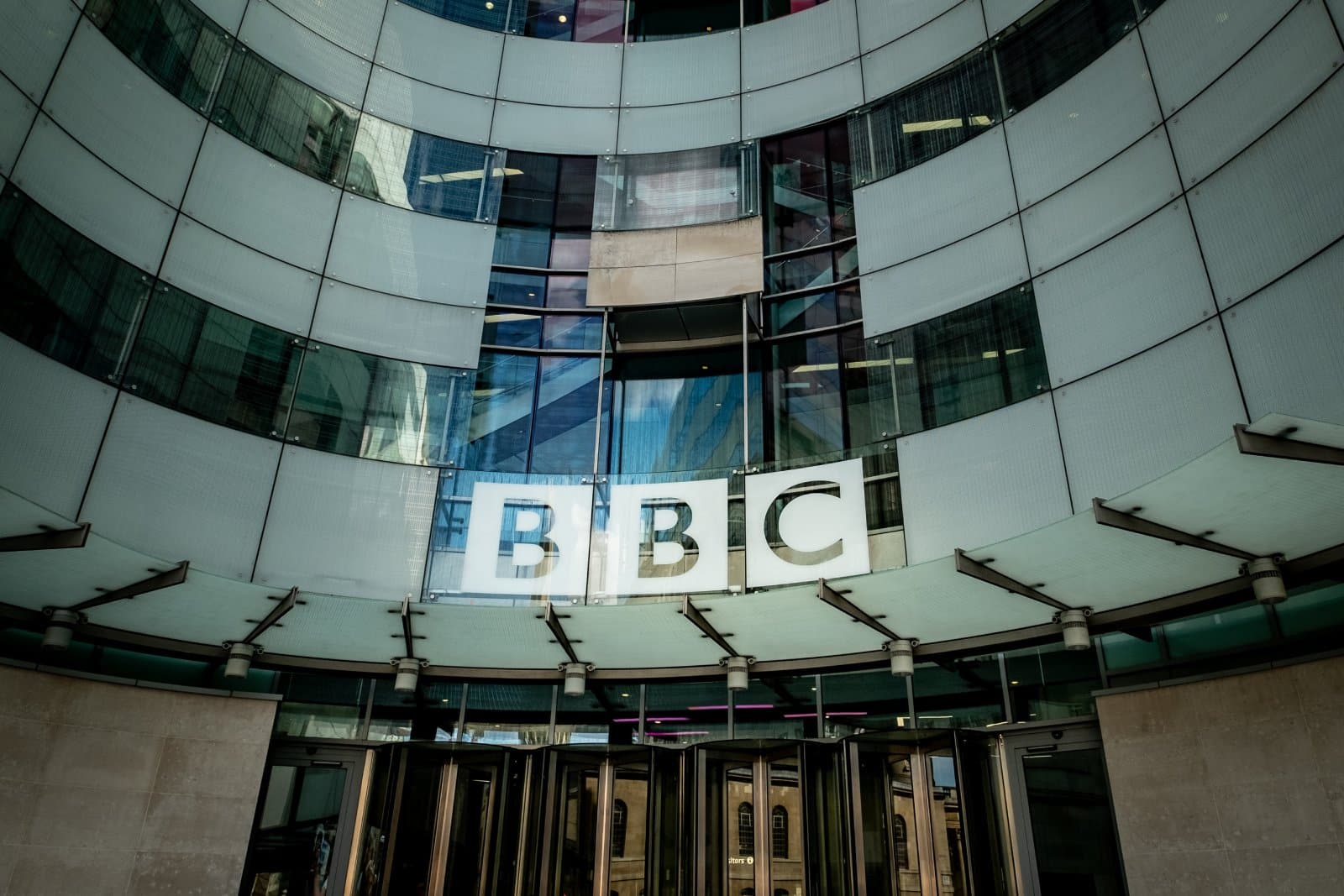
This was put to Stride during an interview with the BBC’s Today program, where it was suggested that the government was dismantling a system they had put in place to confect a “row about welfare scroungers” with Labour.
“Nothing to Say”

Stride told the BBC, “As to Labour, Labour have nothing to say about welfare. In fact, the only thing they’ve been saying about welfare is that they’re very squeamish about sanctions. They don’t think they should be applied in the way that we think, which we believe will cost billions of pounds.”
“Cutting the Benefits Bill”

However, disability advocacy groups profoundly disagreed with Stride’s assessment, with James Taylor, executive director of disability charity Scope, stating, “It’s hard to have any faith that this consultation is about anything other than cutting the benefits bill, no matter the impact.”
“Crumbling Public Services”

He continued, “Many of the current issues the Prime Minister speaks about are due to our crumbling public services, poor quality jobs and increasing rates of poverty. Not because of a so-called ‘mental health culture’ that’s gone too far.”
“Sound Tough”

Anti-poverty charity the Joseph Rowntree Foundation also criticised the move, with the group’s spokesperson Ian Porter stating, “This is clearly an opportunity for the government to sound tough, but it is on the backs of people who are already facing huge challenges financially as well as with their health.
“This Government Designed”
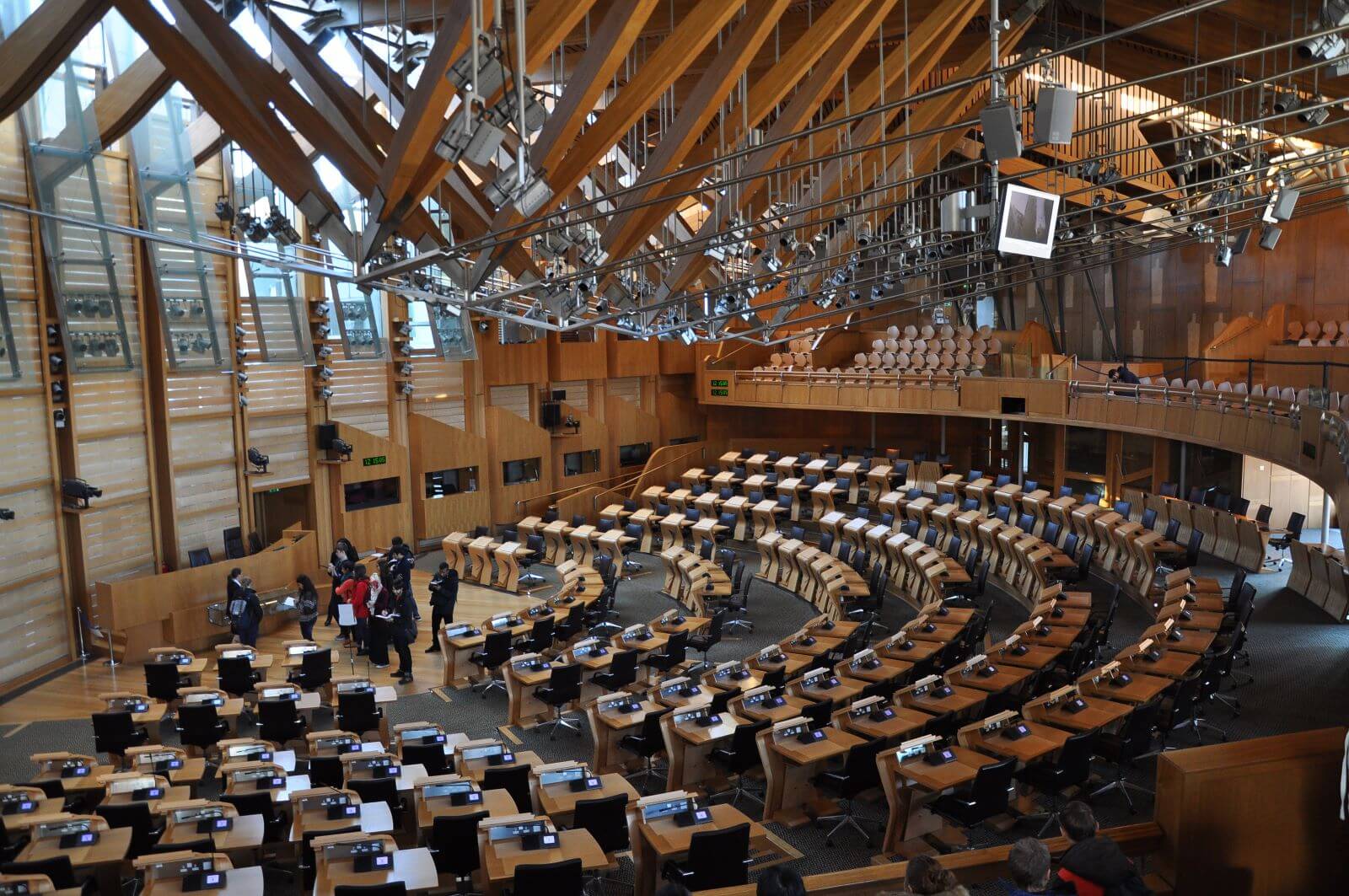
He continued, “The reality is that most people in receipt of PIP are unable to work, with more than a third of PIP recipients in workless households unable to keep their home warm and over 40% experienced food insecurity, worse levels than other workless households, in a benefits system this government designed.”
“Slightly Farcical”

The proposed reforms have also faced criticism from political opponents, with Labour leader Keir Starmer describing the government’s approach as “slightly farcical.”
“They Designed It”
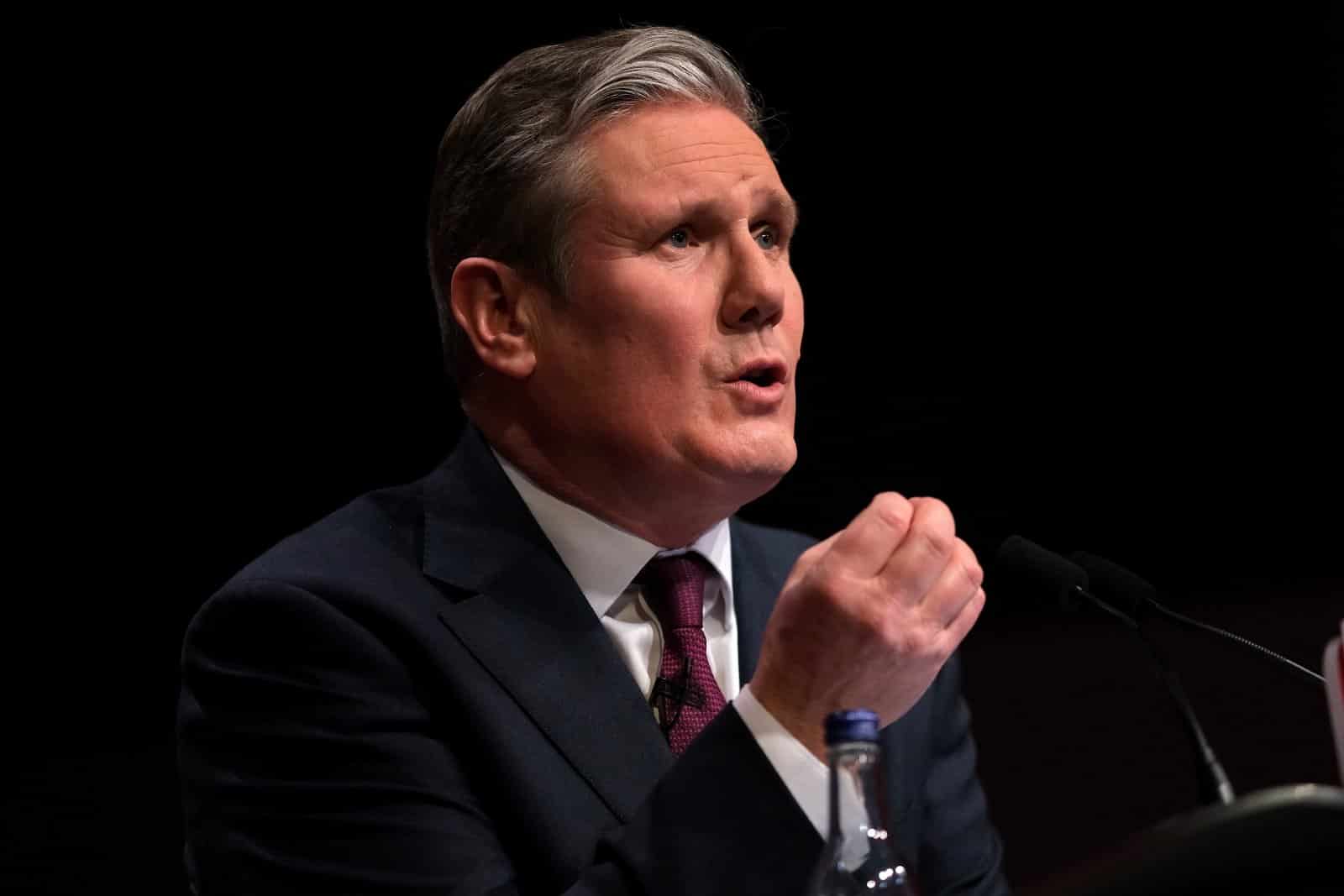
Starmer stated, “The scheme they now say isn’t working is their scheme. They designed it and put it in place and now 14 years later they say it’s not working so there’s an element of farce to it but obviously we’ll look at the details when they come.”
Electoral Distancing
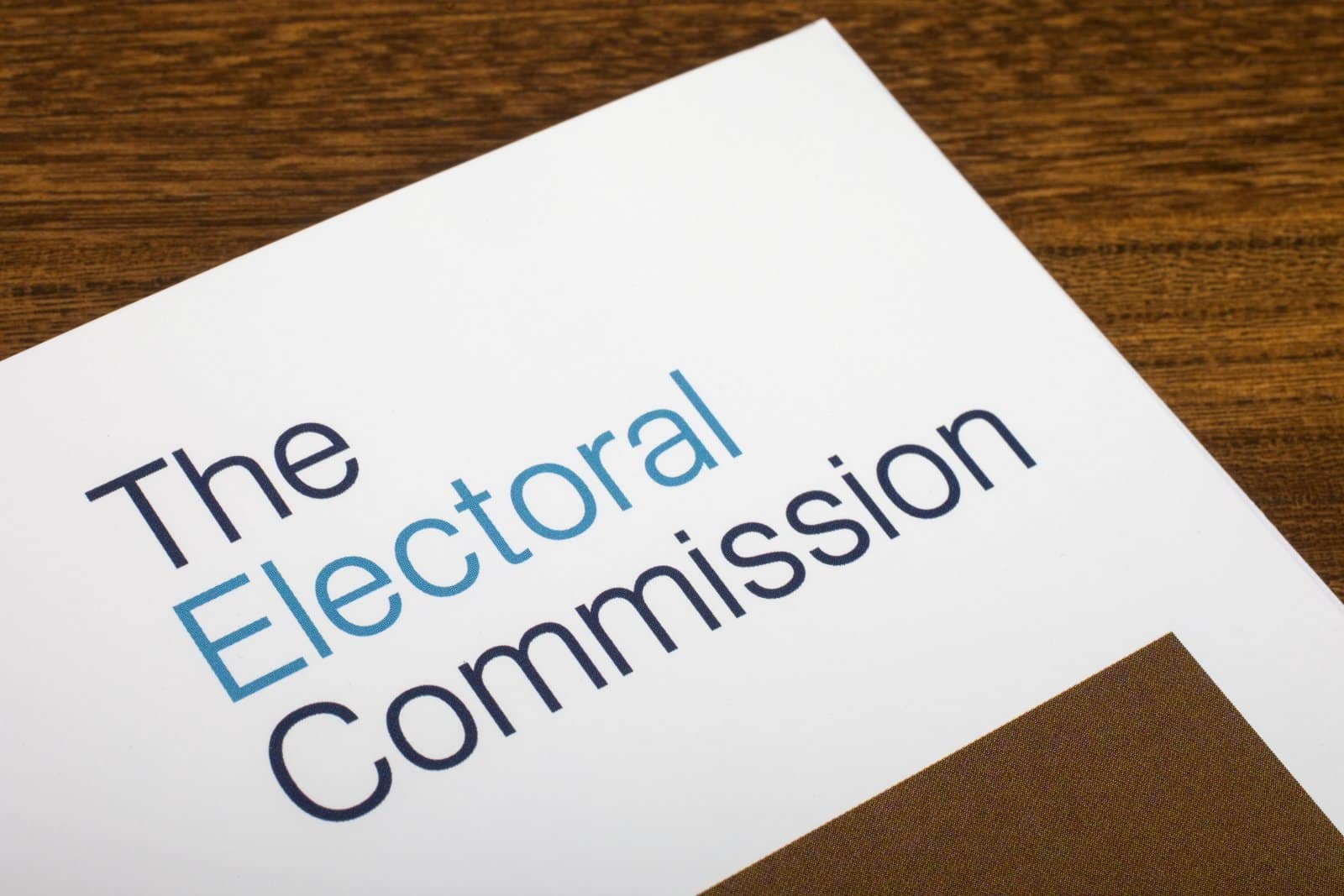
The proposed reforms to disability benefits in the UK signal a significant policy shift, though one that is unlikely to be put into practice. With the election fast approaching, the Conservatives are searching for ways to distance themselves from Labour, who are expected to win in a landslide.
Performative Cruelty

This latest performative cruelty of attacking those with mental health problems may win them a few votes from the more rabidly right wing of the Conservative base. Still, it is unlikely that, as a government, they will ever survive to enact them.
25 Things You CAN’T Talk About Anymore
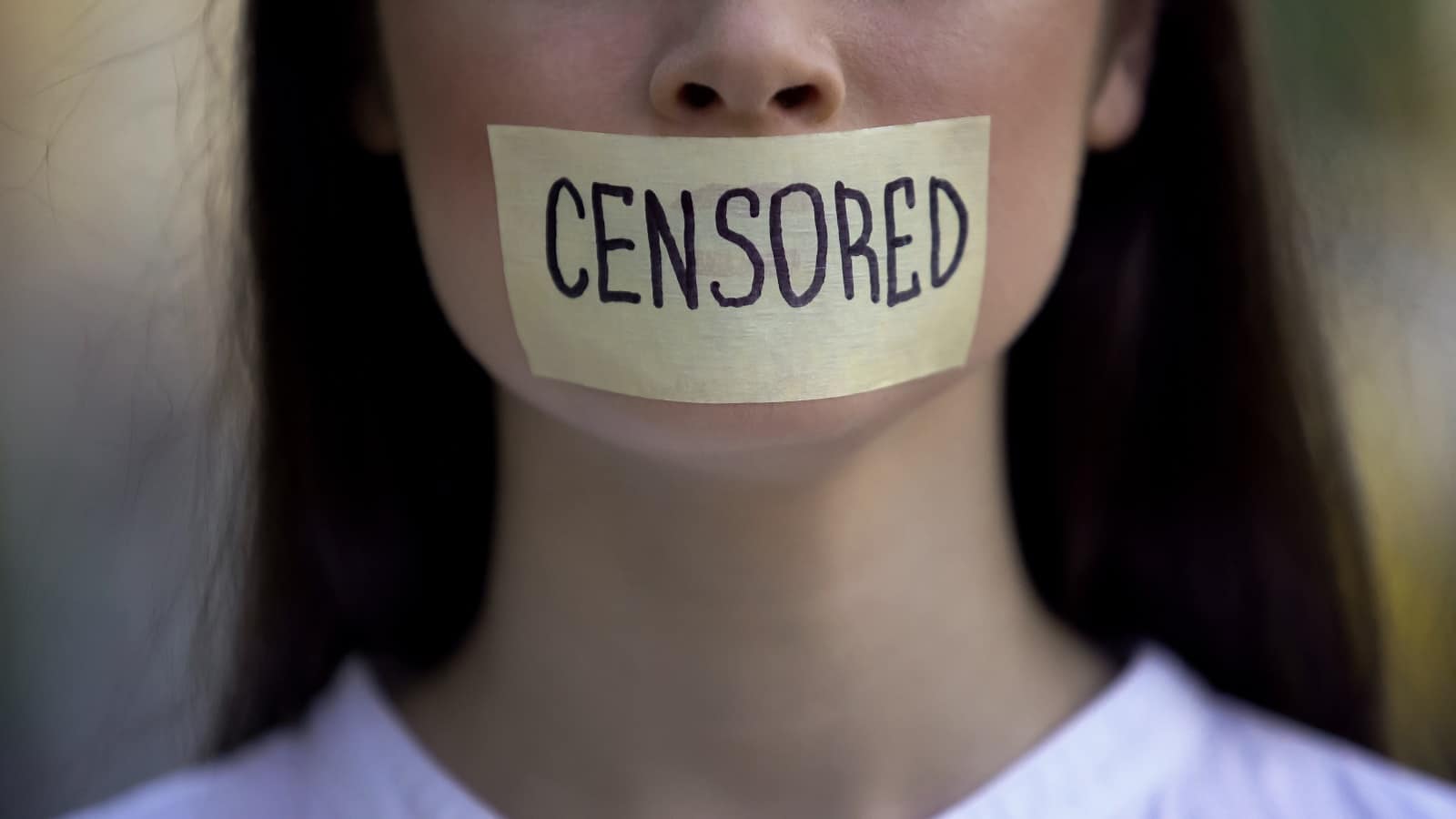
Remember the days when you could freely discuss just about anything without fear of sparking controversy? Well, those days are long gone. In today’s hyper-sensitive world, there are topics so fraught with tension that even mentioning them can lead to heated debates and hurt feelings. 25 Things You CAN’T Talk About Anymore
Stranded: 15 Worst British Cars in History

Ever had a car that spent more time with the mechanic than on the road? A car that turned every journey into a game of “Will we actually get there?” If so, you might just see a familiar face (or should we say, chassis) in our countdown to the most unreliable British car in history. Stranded: 15 Worst British Cars in History
“Britain Will Become Unrecognizable” – Suella Braverman Spells Disaster for UK Amid Steep Rise in Visas Issued

Former Home Secretary Suella Braverman has warned that Britain will become “unrecognizable,” criticizing the amount of work visas the Home Office has approved, despite only being removed from her role in November. “Britain Will Become Unrecognizable” – Suella Braverman Spells Disaster for UK Amid Steep Rise in Visas Issued
20 Things From the ‘70s That Are Not OK Today

Step into the time machine and set the dial to the 1970s, a decade of disco, bell-bottoms, and some rather questionable choices. While the ’70s gave us iconic music and groundbreaking TV, not everything from this groovy era would get a green light today. 20 Things From the ‘70s That Are Not OK Today
20 Best and Worst Universities in the UK
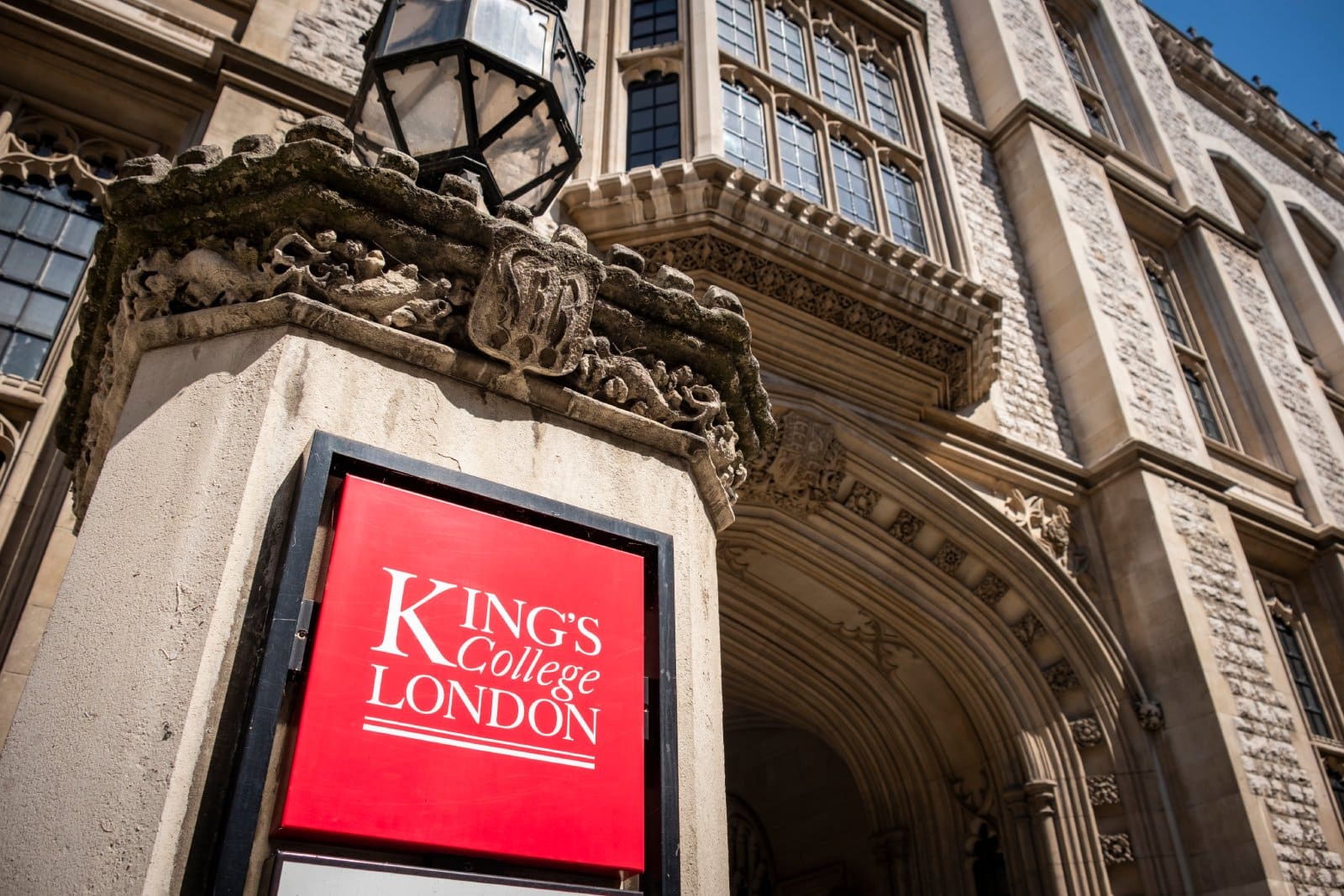
Navigating the UK university landscape is like deciphering a complex code of rankings, reviews, and reputations to uncover where you’ll not just learn, but truly flourish. Whether you’re drawn to the historic halls of Oxford or the creative buzz of Goldsmiths, finding your perfect fit is about aligning your aspirations with the unique offerings of each institution. 20 Best and Worst Universities in the UK
The post UK’s Growing Number of Depressed and Anxious Are Not Sick Enough to Claim Benefits Proposes Government first appeared on Edge Media.
Featured Image Credit: Shutterstock / altanaka.
Grant Gallacher is a seasoned writer with expertise in politics and impactful daily news. His work, deeply rooted in addressing issues that resonate with a wide audience, showcases an unwavering commitment to bringing forth the stories that matter. He is also known for satirical writing and stand up comedy.

